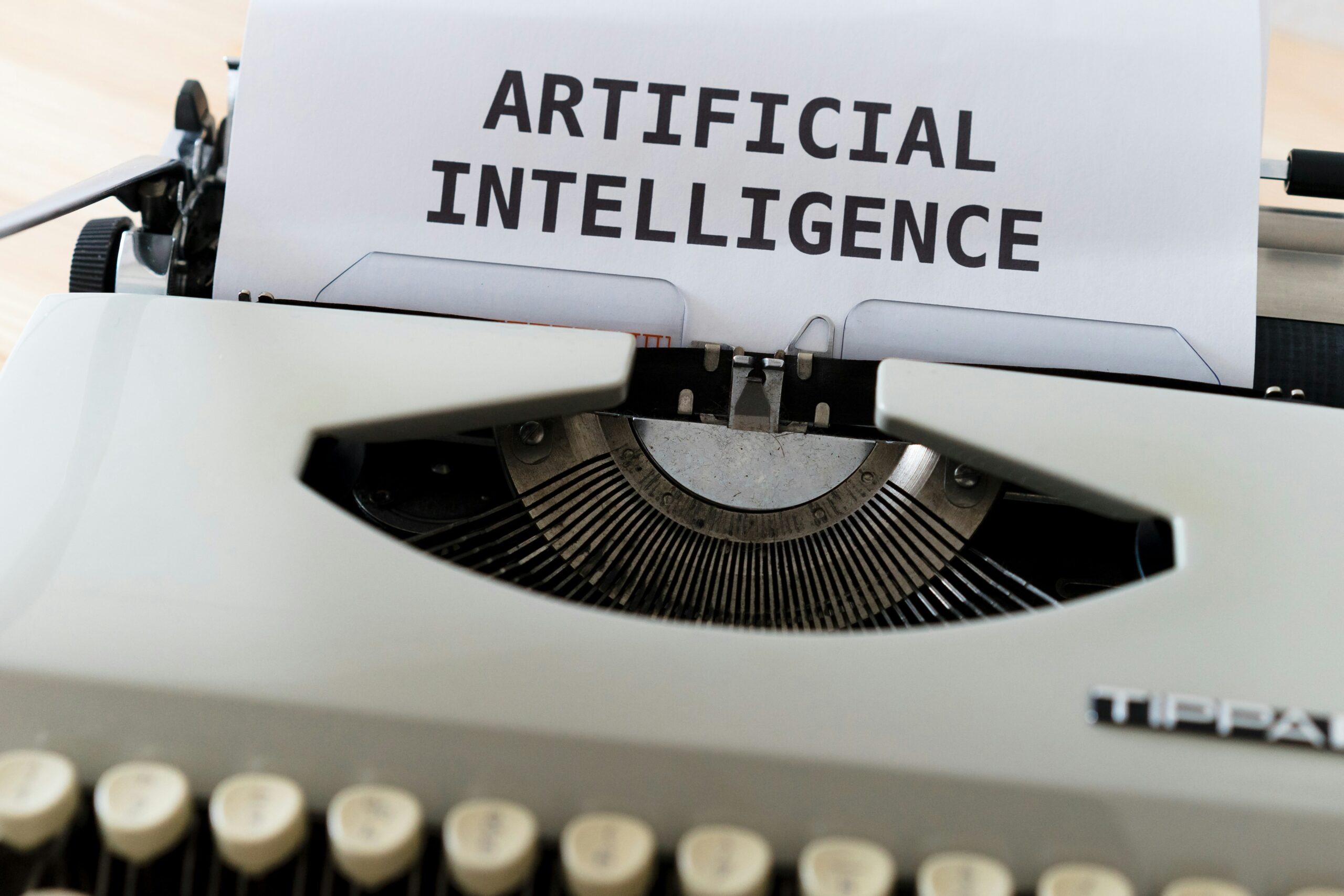
Artificial Intelligence (AI) has emerged as a transformative force within information technology. Integrating AI into IT infrastructure has not only redefined how businesses operate but also revolutionized the tools and processes used in software development, cybersecurity, and data management. As AI continues to evolve, its role in shaping the future of information technology becomes more pronounced, offering both challenges and opportunities to organizations and individuals alike.
Enhancing Automation and Efficiency
One of the most significant contributions of AI to IT is its ability to enhance automation. Tasks that were once time-consuming and repetitive, such as data entry, system monitoring, and troubleshooting, can now be handled by AI systems with minimal human intervention. This level of automation not only increases operational efficiency but also reduces the risk of human error. Machine learning algorithms, for example, can analyze patterns in data to predict system failures before they occur, enabling businesses to take proactive measures and prevent costly downtime.
Moreover, AI-powered tools can streamline software development processes by automating code generation and testing. This allows IT teams to focus on more complex and creative tasks, accelerating the overall development cycle. With AI at the helm, companies can achieve faster turnaround times and improve the quality of their products and services.
Improving Cybersecurity Measures
As cyber threats grow increasingly sophisticated, traditional security measures are often inadequate to keep up. AI plays a pivotal role in strengthening cybersecurity by enhancing threat detection and response times. Machine learning models are designed to analyze vast amounts of data to identify unusual patterns or behaviors indicative of potential cyberattacks. This proactive approach enables faster identification of threats, allowing IT security teams to act before an attack can cause significant harm.
AI-powered security systems can also learn from past incidents, continuously improving their ability to detect new forms of malware or hacking techniques. This adaptive quality of AI makes it an invaluable tool for organizations looking to stay ahead of cybercriminals in an ever-evolving digital landscape.
Optimizing Data Management and Analysis
The exponential growth of data in the digital age has created new challenges for organizations in terms of storage, analysis, and decision-making. AI is helping businesses make sense of this data by providing powerful tools for data management and analysis. Machine learning algorithms can quickly process and analyze massive datasets, uncovering valuable insights that would be impossible for human analysts to detect in a reasonable time frame.
These AI-driven insights can drive smarter decision-making, helping businesses identify market trends, customer preferences, and operational inefficiencies. AI can also assist with data cleaning, ensuring that the information used for analysis is accurate and reliable. With the ability to handle vast amounts of data efficiently, AI is becoming an indispensable resource for organizations looking to leverage big data for competitive advantage.
AI in Cloud Computing and Virtualization
Cloud computing has transformed how businesses manage their IT resources, offering scalable solutions that reduce infrastructure costs and improve accessibility. AI is playing an increasingly critical role in cloud services, from automating resource allocation to improving the management of virtual environments. AI-driven cloud platforms can optimize performance by dynamically adjusting resources based on demand, ensuring that businesses only pay for the services they need at any given time.
Furthermore, AI is enhancing the virtualization process by enabling better resource management and workload distribution. As more businesses migrate to cloud environments, the integration of AI helps optimize these systems, ensuring reliability and efficiency in operations.
Shaping the Future of IT Innovation
The role of AI in modern information technology is still in its early stages, yet its potential is vast. As AI technology continues to improve, we can expect even more advanced applications that will push the boundaries of innovation. From revolutionizing customer service with chatbots to creating personalized experiences through AI-driven analytics, the future of IT will be shaped by the ongoing advancements in artificial intelligence.
AI will continue to influence the development of new technologies, such as 5G, autonomous systems, and the Internet of Things (IoT). As AI becomes more integrated into everyday processes, it will drive efficiency, improve user experiences, and open the door to new possibilities in information technology.
Artificial intelligence is no longer a futuristic concept—it is a critical component of modern information technology. By improving automation, cybersecurity, data management, and cloud services, AI is transforming how businesses operate and innovate. As the technology matures, its impact will only grow, shaping the IT landscape for years to come.